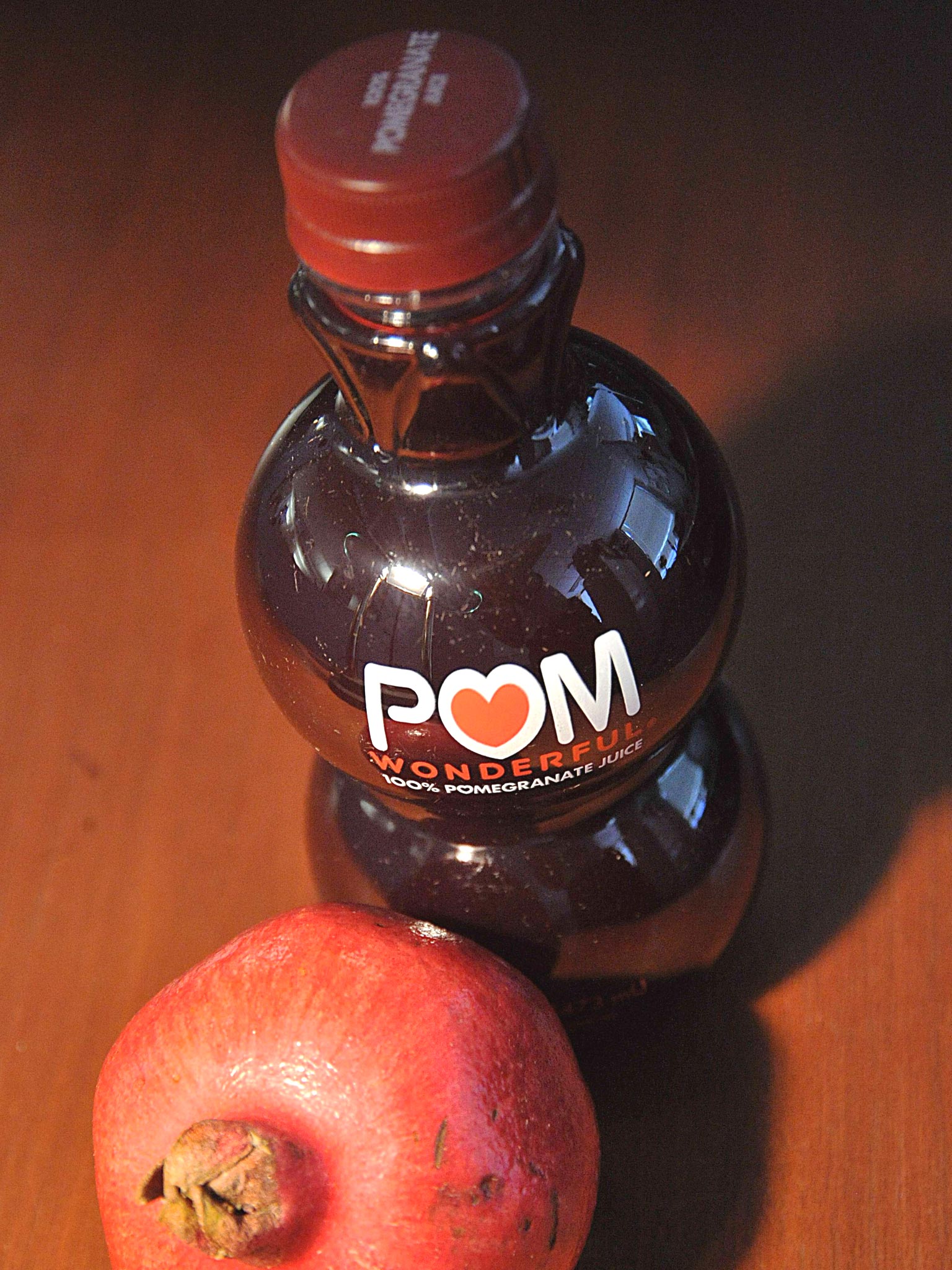'Misleading' juice label may land Coca-Cola in court

Your support helps us to tell the story
From reproductive rights to climate change to Big Tech, The Independent is on the ground when the story is developing. Whether it's investigating the financials of Elon Musk's pro-Trump PAC or producing our latest documentary, 'The A Word', which shines a light on the American women fighting for reproductive rights, we know how important it is to parse out the facts from the messaging.
At such a critical moment in US history, we need reporters on the ground. Your donation allows us to keep sending journalists to speak to both sides of the story.
The Independent is trusted by Americans across the entire political spectrum. And unlike many other quality news outlets, we choose not to lock Americans out of our reporting and analysis with paywalls. We believe quality journalism should be available to everyone, paid for by those who can afford it.
Your support makes all the difference.Coca-Cola could face a trial over allegations of false advertising, after the US Supreme Court said the company sought to “mislead and trick consumers” by labelling as pomegranate-blueberry juice a product that contains just 0.5 per cent pomegranates and blueberries combined.
Supreme Court justices voted unanimously to allow pomegranate growers POM Wonderful to proceed with a lawsuit against Coca-Cola Co, which claims that the latter firm sought unfairly to harm its competitors with its deceptive juice labelling.
The case revolves around two rival products, both of which purport to be an healthy blend of pomegranates and blueberries. POM Wonderful’s pomegranate-blueberry juice is made up of 85 per cent pomegranate and 15 per cent blueberry juice. It is around five times more expensive than the juice produced by Coca-Cola’s Minute Maid brand, which is also labelled pomegranate-blueberry, followed in smaller print by the words: “flavoured blend of five juices”.
In fact, the Minute Maid juice consists almost entirely of apple and grape juices. POM sued Coca-Cola for damages and is seeking a ban on such labelling, which it says misleads customers about the contents of the juice. In the Supreme Court’s decision on Thursday, Justice Anthony Kennedy wrote that Coca-Cola’s product is made up of “99.4 per cent apple and grape juices, 0.3 per cent pomegranate juice, 0.2 per cent blueberry juice and 0.1 per cent raspberry juice.”
Justice Kennedy added that the illustration on the Coca-Cola product also suggested a high pomegranate-blueberry content, despite what he described as the “miniscule” amounts of each fruit in the juice. The Minute Maid bottle, he wrote, “displays a vignette of blueberries, grapes and raspberries in front of a halved pomegranate and a halved apple.”
When the case was argued orally in April, Coca-Cola lawyer Kathleen Sullivan told the Court, “We don’t think that consumers are quite as unintelligent as POM must think they are… They know when something is a flavoured blend of five juices and the non-predominant juices are just a flavour.” But Justice Kennedy was unimpressed by her reasoning, responding: “Don’t make me feel bad because I thought this was pomegranate juice.”
The Minute Maid label technically complies with the requirements of the US Federal Food Drug and Cosmetic Act, which allows products to be named after their minority contents. But the Court decided it ran contrary to another law, the Lanham Act, under which companies can sue to protect their interests from unfair competition. The first law is designed to protect consumers, Justice Kennedy wrote, while the second is to protect businesses.
POM is seeking damages and a ban on Minute Maid’s allegedly dubious labelling. The lawsuit will now go to a jury trial, unless it is settled beforehand. Following the Supreme Court’s ruling, POM’s Lynda Resnick praised her husband and co-owner, Stewart, whom she said was responsible for the suit’s success so far. “He is kind of a 21st century John Wayne,” she told reporters, adding: “[He] wants what’s right for the food industry and for the American consumer.”
The California company has not always been lucky in court, and over the past five years lost similar jury trials against three other rival juice-makers including Pepsi and Ocean Spray. It is also the defendant in a separate lawsuit regarding deceptive advertising, which also looks set to end up at the Supreme Court. The Federal Trade Commission has ordered POM to cease advertising the health benefits of pomegranate juice until they can be proved in human scientific trials. The company previously claimed that its pomegranate-based products can treat or prevent heart disease, prostate cancer, and erectile dysfunction.
Join our commenting forum
Join thought-provoking conversations, follow other Independent readers and see their replies
Comments